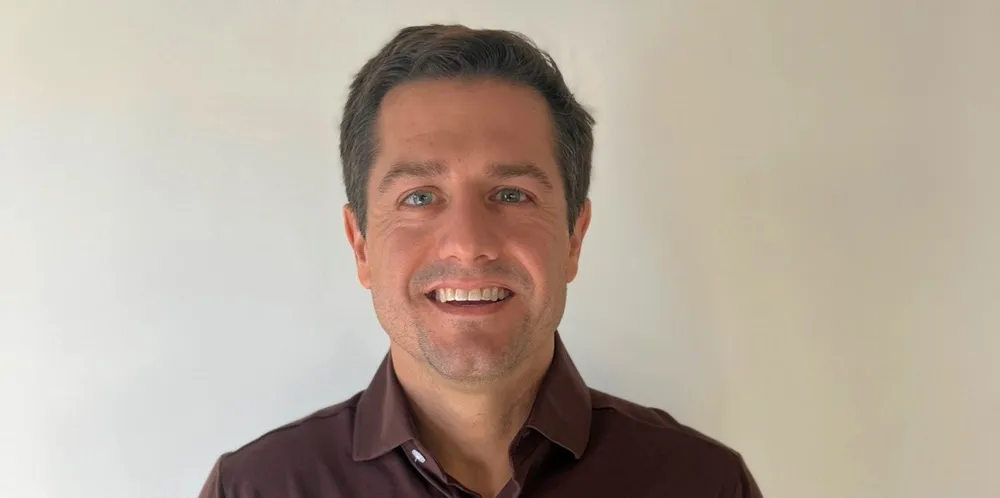Tesla veterans: 'Our sodium batteries could halve cost of energy storage and are safer than lithium-ion'
Peak Energy among host of developers jostling to challenge dominant technology

Peak Energy among host of developers jostling to challenge dominant technology
